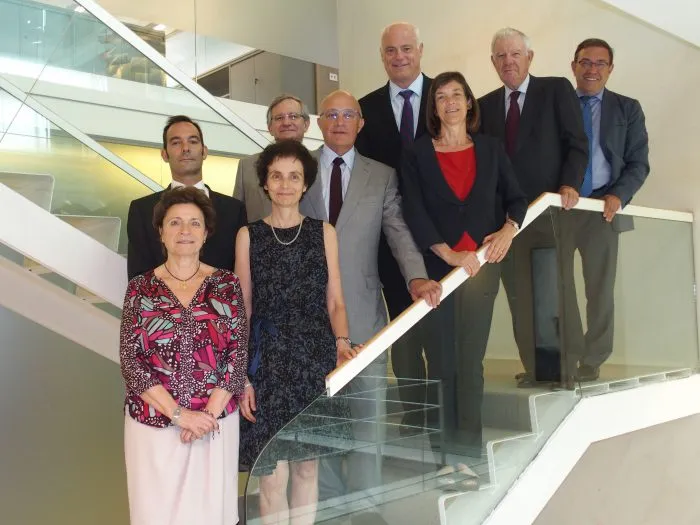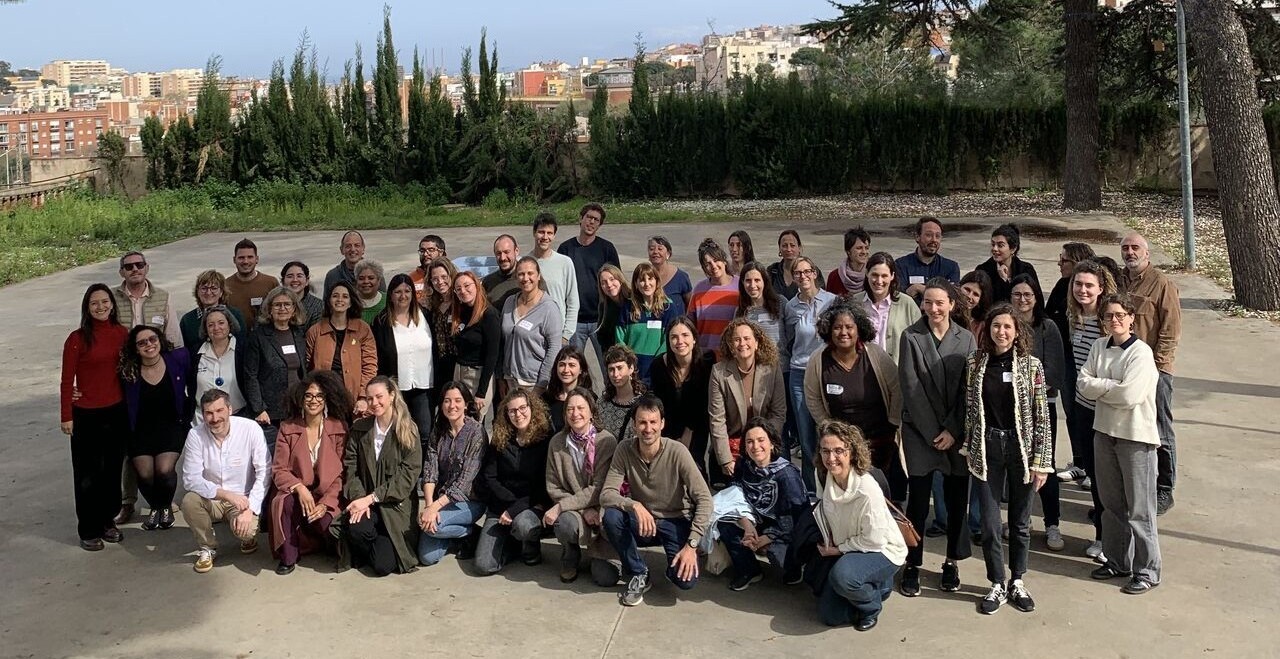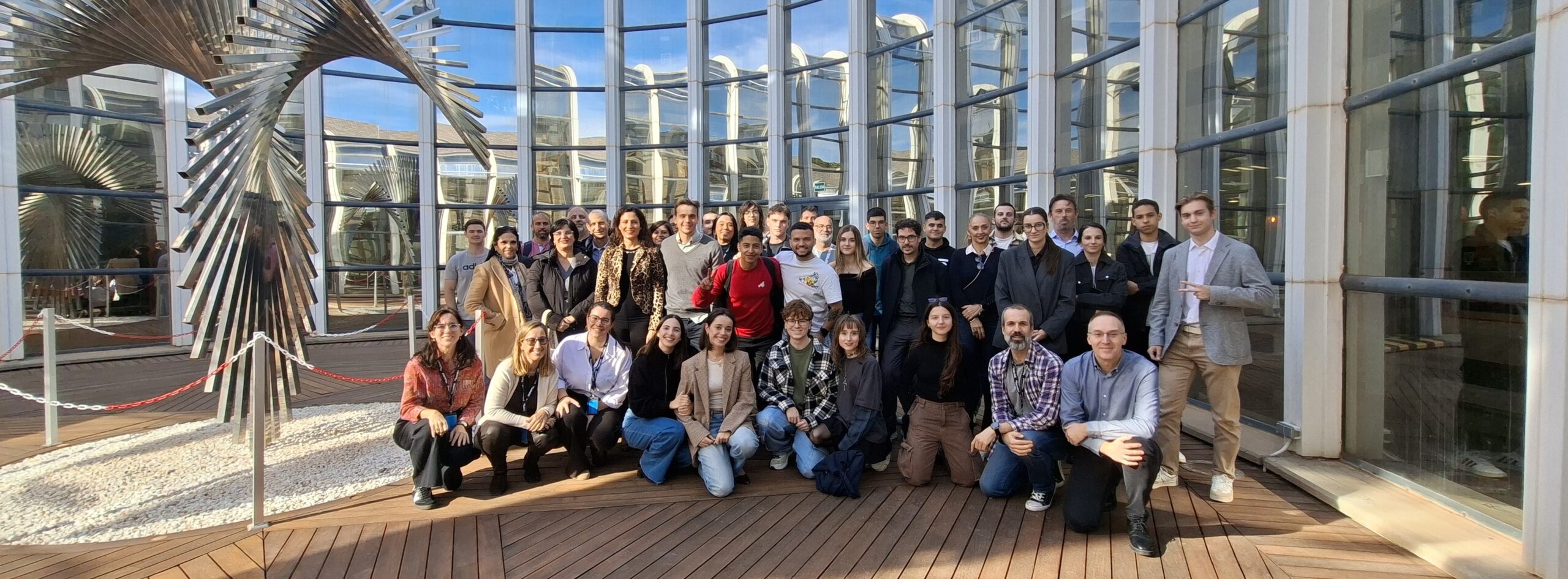
The panel of the XV Banco Sabadell Foundation Award for Economic Research has selected Dr. Nagore Iriberri as the winner of the 2016 award, with total prize money of €30,000. The objective of the Award is to recognise and reward the work carried out by researchers in the fields of economic, business, legal and social knowledge, whilst contributing to the analysis and creation of alternatives which promote social welfare.
The award is aimed at researchers under the age of 40 who have an outstanding background and experience in these fields. The candidates for the Award may be proposed by universities, academic and research centres, foundations, companies and other national and international institutions.

More information about Nagore Iriberri
Nagore Iriberri holds a degree in Economics from the University of the Basque Country, and is a Doctor in Economics from the University of California, San Diego. She has been a research professor at the Pompeu Fabra University and is currently research professor at the University of the Basque Country.
Her line of research is focused on the area of experimental economics and game theory applied to the study of social behaviour. A theme which stands out in her research is understanding individuals’ reasoning processes in strategic situations when they have not had the opportunity to learn from previous experiences. She has also analysed how the performance of individual persons in affected by receiving information on their progress and results in comparison to other persons, and not in absolute terms. In her latest research she has analysed the difference in responses in competitive situations based on the gender of the participants, both in adults and in children.


